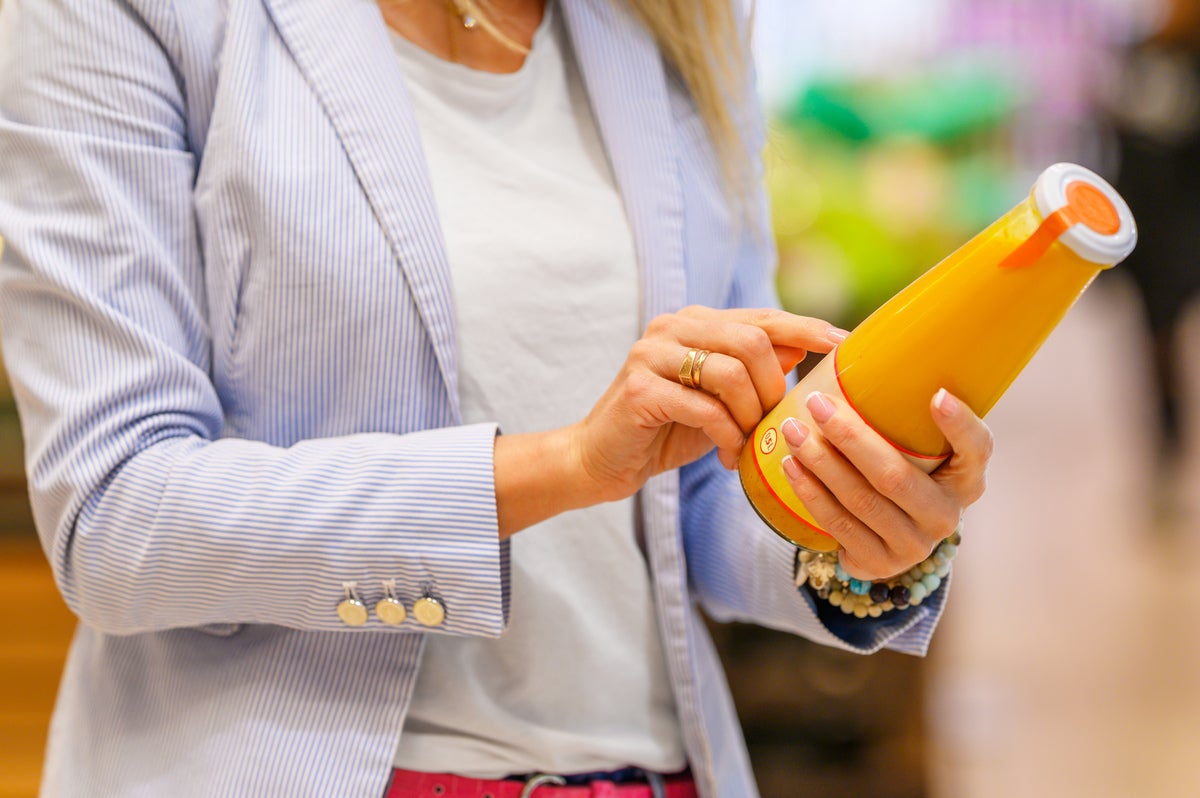Trends
Reality Check: Why businesses miss sustainability goals and five ways to fix it

Many businesses that have set ambitious sustainability goals are falling short of achieving them. Here are the most common challenges businesses face when achieving these goals and five ways to get back on track.
1. Unsustainable Targets
Market Insights:
Many major consumer brands, including food & beverage, beauty, and retail, have pledged to achieve bold sustainability goals by 2025, such as using 100% recyclable or reusable packaging.
However, a Circular Economy for Packaging report reveals that nearly 60% of brands are off track to meet these goals, citing challenges like supply chain constraints, high costs of sustainable materials, and lack of scalable recycling infrastructure.
This puts pressure on suppliers to innovate and offer solutions bridging the gap between ambition and feasibility.
How to get back on track
Look for high-performance sustainable materials such as pressure-sensitive labels made from post-consumer recycled (PCR) content or materials that enable recyclability. Work with a manufacturer that will test and validate these materials in real-world applications, reducing time-to-market for sustainable packaging initiatives.
2. Consumer Education
Market Insights:
A recent Earth911 survey revealed that 47% of consumers don’t understand recycling symbols on packaging, leading to confusion and improper disposal of recyclable materials.
At the same time, educational labeling initiatives, such as the How2Recycle program, have proven effective in boosting recycling rates and consumer engagement.
With increasing scrutiny on brands’ environmental claims, educational packaging, and labels have become critical tools for building trust and ensuring compliance with evolving regulations.
How to clear the confusion
We work with brands to integrate clear messaging on labels, including recycling instructions and sustainability certifications, helping consumers make informed decisions. Flexcon’s materials also meet the technical needs of programs like Association of Plastic Recycler critical guidance, ensuring compatibility across diverse packaging formats.
3. Innovation vs. Cost
Market Insights:
Balancing sustainability and cost-effectiveness are top challenges for brands. A 2024 McKinsey report found that sustainable packaging materials can be 20 – 50% more expensive than traditional materials, posing barriers to adoption.
However, the same report notes that 78% of surveyed companies believe sustainable innovation will be critical for long-term growth, driving investments in technologies like lightweight materials, compostable adhesives, and digital printing for precise material use.
Markets such as personal care, luxury goods, and organic foods are seeing the fastest adoption of innovative sustainable packaging, as these segments can absorb higher costs while charging premium prices.
Find a balance
Cost-efficient sustainable materials, such as conformable polyolefin films and ultra-thin label stocks, which reduce material use without compromising quality, are available now from innovative manufacturers like Flexcon. These innovations help brands manage costs while meeting sustainability objectives.
4. Increased Regulatory Pressure
Market Insights:
In the U.S., Extended Producer Responsibility (EPR) laws are growing at the state level (e.g., California, Maine), requiring manufacturers to bear the cost of recycling their packaging waste.
These laws are driving a fundamental shift in how companies manage their packaging and labeling materials. Non-compliance can result in fines, loss of market access, and reputational harm.
How you can respond
I advise brands to develop compliant labeling solutions, such as recyclable and compostable materials, and ensure they meet these global regulatory requirements without compromising product performance or shelf appeal.
5. Greenwashing vs. Greenhushing
Market Insights:
Greenwashing scandals have caused significant damage to brand reputations. For instance, a major fashion label faced a backlash for misrepresenting its sustainability claims, leading to lawsuits and consumer distrust.
Fear of public criticism, on the other hand, has made many companies engage in greenhushing. A recent South Pole report found that 1 in 4 companies actively downplay their sustainability efforts, fearing backlash if their claims are scrutinized.
Both approaches are detrimental, as greenwashing undermines trust while greenhushing forfeits the opportunity to engage eco-conscious consumers.
How you can be more transparent and build trust
Flexcon prioritizes transparency through certifications like EcoVadis, enabling brands to substantiate their claims and communicate them confidently. Flexcon works with customers to incorporate clear, concise labeling that educates consumers about the sustainability attributes of their purchases.
Meeting the Demand
The good news is that consumer demand is up and the right product solutions are available.
According to a 2023 NielsenIQ survey, 72% of consumers say they actively look for sustainability claims on packaging. Younger generations, especially Gen Z, are driving this shift, expecting transparency and environmental responsibility from brands.
Categories such as personal care, food & beverage, and household goods are experiencing the greatest consumer demand for sustainable packaging, with double-digit growth expected in products marketed as “eco-friendly.”
By opting for innovative labeling solutions, such as recyclable label stocks and adhesives that enable easy separation during the recycling process, you can meet consumer expectations without sacrificing functionality or aesthetics.
With some adjustments and education, you can meet the needs of your customers and your sustainability goals.
Meeting sustainability goals has its challenges, but Flexcon has the materials and expertise to get your organization back on track.
author: Dan Riendeau, Strategic Business Unit Director for Packaging, Flexcon
Download: Elevating Sustainability Beyond the Label. | Watch Sustainable Packaging Begins with the Label: Webinar Series
